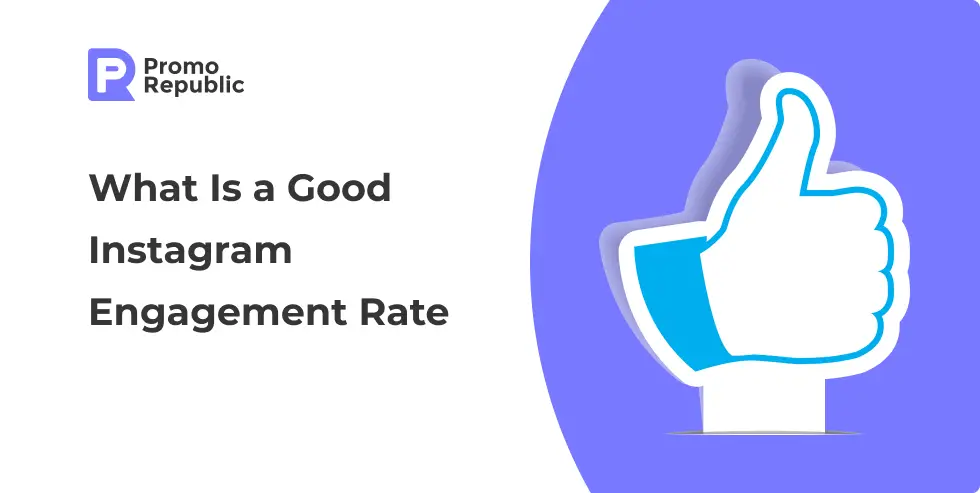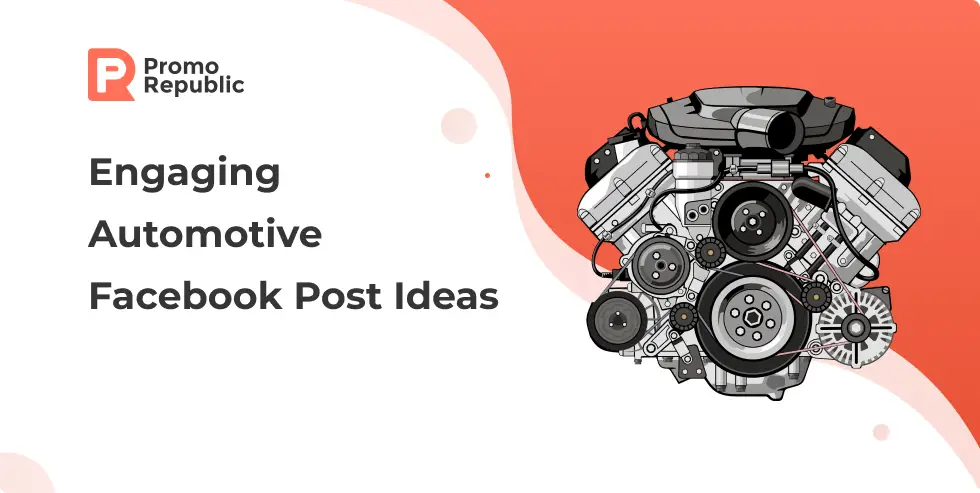Social Media for Nonprofits [2021]: Tip and Best Practices

Social media for nonprofits are the most beneficial option of mass communication: it is fast, does not require significant resources, and gives a broad coverage. And most importantly, social networks are an opportunity to communicate directly with the audience. That is why in order to choose the right social network for promotion, a nonprofit organization should first study the specifics and habits of its target audience.
For example, if the main beneficiary is young people, an Instagram account will work better. If middle-aged people — use Facebook.
The intended content also influences the choice of social media for nonprofits. For a shelter that publishes photo profiles of pets, Instagram is more convenient. For the publication of regular news — Telegram, WhatsApp, and others. And for publications about fundraising — Facebook.
If an NPO has already started working in social networks, it is worth analyzing the networks of competitors and colleagues in the field. You can use their successful solutions and avoid the mistakes they have already made.
Start maintaining an organization’s page when you already have an idea of what will be published in the next three or four weeks. And we’ll help you figure it all out!
Preparing
An active presence in social networks is a prerequisite for introducing an organization to the general public. It is possible to maintain a page on your own, and it does not require any investment, except time and attention.
Here are a few SMM tips for NPOs:
- Use maximum information and a call-to-action.
- To make your page easier to find, apart from the name, specify the kind of activity in the title. Fill out the description in detail, add a link to the site and a call-to-action (if possible, on a separate menu button) — “Help,” “Join,” “Become a Member,” etc.
- Avoid spelling, punctuation, and stylistic errors, as they damage the organization’s image.
- Make all the most important points in the first lines — most of the audience will only see them.
- Avoid clickbait — content that motivates you to go to another resource or page.
- The text should be structured and divided into paragraphs — so it is easier to read.
- Avoid complex terms, bureaucratese, and long sentences.
- Sometimes the post can be seen by “casual” users — you need to write clearly for them.
- Take into account the peculiarities of each social network and choose the best time to post.
Besides, some social networks allow you to collect donations using internal payment systems.
And a few more tips that might be helpful to you:
- You need to make a content plan: think about the columns, frequency of publications, design, style and vocabulary, the genres. You can make a table with a rough schedule of post topics for the next few weeks. You can use interns and freelancers to prepare publications.
- The visibility of posts depends on how often the page is updated. To avoid being puzzled by a new post idea every couple of days, make a media plan several months in advance.
- Publications on social networks are often searched by hashtags. Don’t forget to add them to your posts, especially those with important news.
- It’s important to respond to comments promptly. First, it increases engagement rates and posts visibility. Second, it shows that your page is “alive” and ready to communicate with interested users.
Content recommendations
For their content, nonprofits can use photos from their events as well as stock photos and illustrations from special sites.
Copying is not the best way to create content, so it is better to publish the organization’s news, announcements of events, and your photos. Do not forget about the entertaining content, as users still perceive the social network as a means of recreation and entertainment.
As we mentioned above, to make it easier to maintain your social media, you need to make a content plan for a week or longer. Here are some ideas of what you can tell your audience about:
- Your news
- A selection of books on the issues you deal with
- Lists of useful resources, tools
- Interviews with team members
- Frequently Asked Questions (FAQs)
- Research on your topics, statistics, surveys
- Stories of participants of your programs
- Quotes
- Entertainment content (10 influential people in your field)
- Your memes
People often ask, “So how do you create entertaining content so that it also attracts users?” After all, there’s not much you can come up with on the topic of charity. In fact, you only need to decide on the key topic, and the rest of the information can be found in free stocks. There are interesting texts, cool pictures, gifs, videos, and just ideas, with the help of which you will create your own unique content.
NPOs and media experience
For social media, an NPO can borrow some of the principles of editorial offices, for example, define for themselves an informational agenda and style of presenting information, create a guideline, a rubricator, and hold planning meetings.
Partnership with the media, joint events, and shared projects help increase traffic, build an audience, and promote the organization’s brand.
Small things that matter
On social media for nonprofits, it is important not to forget about the design of pages. It should be not only beautiful but also functional. In the header of the page, you can place not only images but also contacts, videos, and other information. You can also provide buttons for fundraising.
You always need to keep in touch with virtual friends: offer them to “like” your page, invite them to events and meetings.
Links to each new post can be sent to the work chat so that colleagues leave the first “likes” and comments. And it is very useful for the organization when employees tell their friends about their work in NPOs, not by reposting the organization’s publications but in their own publications.
Bloggers
Talking about your project through opinion leaders accomplishes several things at once. First of all, you gain credibility with the blogger’s general audience. When users hear about an unfamiliar initiative from someone whose word they listen to, it is received more favorably.
Second, if your target audience overlaps with their subscribers, it takes much less effort to encourage them to take action (donate, contribute to a fund, participate in an event, etc.). Finally, collaborating with popular authors allows you to tap into their image.
However, if the blogger does not have a personal interest in your mission, it will be harder to negotiate a collaboration. Material remuneration in the case of limited funds is hardly a workable option.
A possible way out is to order a publication through special services with transparent pricing. On such platforms, it is easy to find proposals for any budget. The database usually contains bloggers from various social networks, which can be filtered by topic, reach, engagement, experience, etc.
Special tools
While social media can help you tremendously promote your services, it can also drag you down for a long time, especially if you manage multiple profiles. After all, with everything else you have to do, who has the time to log in to each social network and a significant amount of time creating updates, tweets, etc.?
Part of the strategy in social media for nonprofits involves making sure you get the most out of your investment and use your time in the most efficient way possible. And the secret is to use a social media management tool.
Social media management tools come in all “shapes” and scales, from the simplest, which allows you to quickly analyze a simple data set or set up auto-posting on different platforms; to more advanced tools that allow you to most effectively track content, create reports and unique visuals for your postings.
In our opinion, the best management tool for social media for nonprofits is PromoRepublic. It can help your NPO with any social media task:
- Creating and auto-posting unique posts
- Choosing the best time to post
- Library of templates for publications
- Evaluating the reach of your posts
- Detailed, informative, and, most importantly, understandable reports on your performance
Valuable tools like PromoRepublic allow you to get the most out of your social networks and save time for other tasks.
To sum up
Investing in social media for nonprofits may, at first glance, seem like a futile and far from a priority use of your organization’s resources — both money and simply time. But digging deeper into the topic of social media promotion, you may find that it is a very valuable and not the most expensive resource to tell more people about you, thereby attracting more funding and new people to your NPO. The return on such an investment is, in most cases, much higher than one might assume at first glance, and you won’t notice as more people are already learning about you and your initiatives. So we hope that our tips will be of significant help to you on your journey to master social media!

local marketing tips monthly
Enterprise: for multi-location and direct selling brands. Manage thousands of social media pages of your local distributors, partners, or franchisees.
Agency: for marketing agencies. Manage all your clients’ social media pages on one platform.










